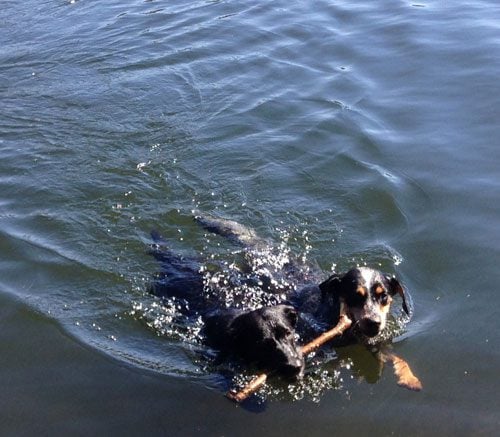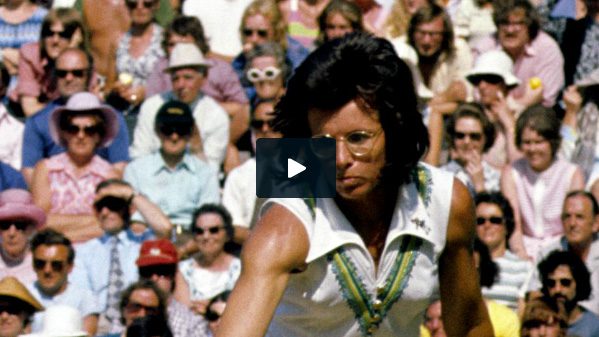 Watching my dogs swim out for a thrown stick made me think of one the Buddha’s classic teachings: I, me, and mine. They swim competitively out. There appears to be some motivation to get there first. But regardless of who gets there first, the other is lying in wait to get a share of the stick. The sense of what is “mine” seems to be different for them. It’s a more fluid and playful affair.
Watching my dogs swim out for a thrown stick made me think of one the Buddha’s classic teachings: I, me, and mine. They swim competitively out. There appears to be some motivation to get there first. But regardless of who gets there first, the other is lying in wait to get a share of the stick. The sense of what is “mine” seems to be different for them. It’s a more fluid and playful affair.
The Buddha taught that “I, me, and mine” were the sources of great suffering. These are are narration, identification, and ownership. Let’s look at these one by one.
“I” comes from placing ourselves in stories. We are the central character of the Me Movie as I presented in Wild Chickens and Petty Tyrants: 108 Metaphors for Mindfulness. These self-referential stories are the chief product of what neuroscientists call the default mode network of the brain. If all goes well, these movies are romances, comedies, or adventures. If all does not go well, which is mostly the case it seems, these movies can be tragedies and painful thrillers.
“Me” suggests identification. There is someone who has these experience–Me! Something happens to me instead of me being the happening itself. Once we identify with what we experience, ownership comes next.
“Mine” takes ownership of the experience, makes it your own. Identification and ownership are inexplicably intertwined and can’t happen without the narration of I. If we own the experience instead of being the experience, all sort of things can go wrong: dissatisfaction, disappointment, anguish, misery, stress, and suffering to name just a few.
The dogs are immune from these particular afflictions, at least when it comes to fetching a stick in water. “Mine” arises as the first one grabs the stick (mostly Harley this morning) and that quickly gives rise to “we” as they paddle to shore together. After some romping in the woods they return without the stick (much to my consternation; I have to bring a bunch of sticks). No sense of ownership, identification, or narration. They are on to the next moment and when that moment involves another stick they happily swim out again. When it doesn’t they happily move with that.
We can learn something from them. While we can’t abandon all sense of story and ownership, we can certainly engage in much, much less of it. The next time you find yourself grasping after I, me, and mine, see if you can move into the flow of now.

